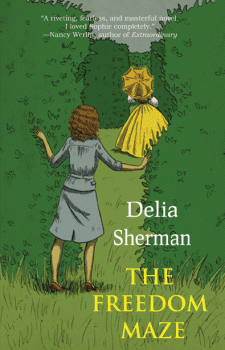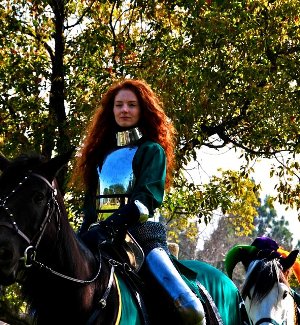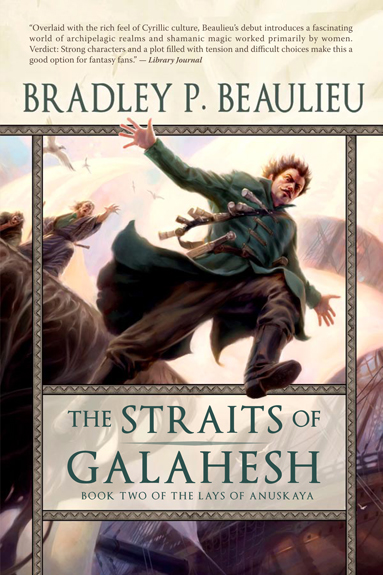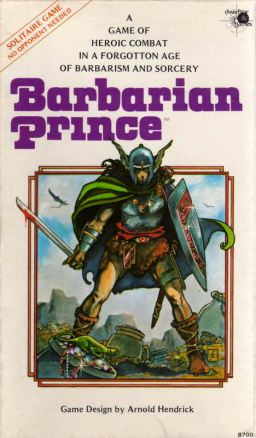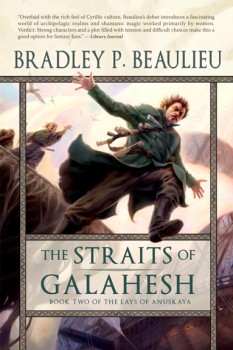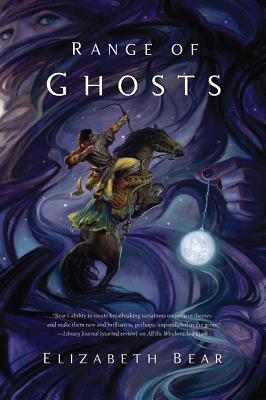Lyndsay Faye’s The Gods of Gotham is a Modern Classic
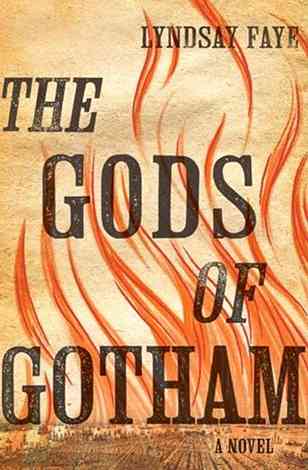
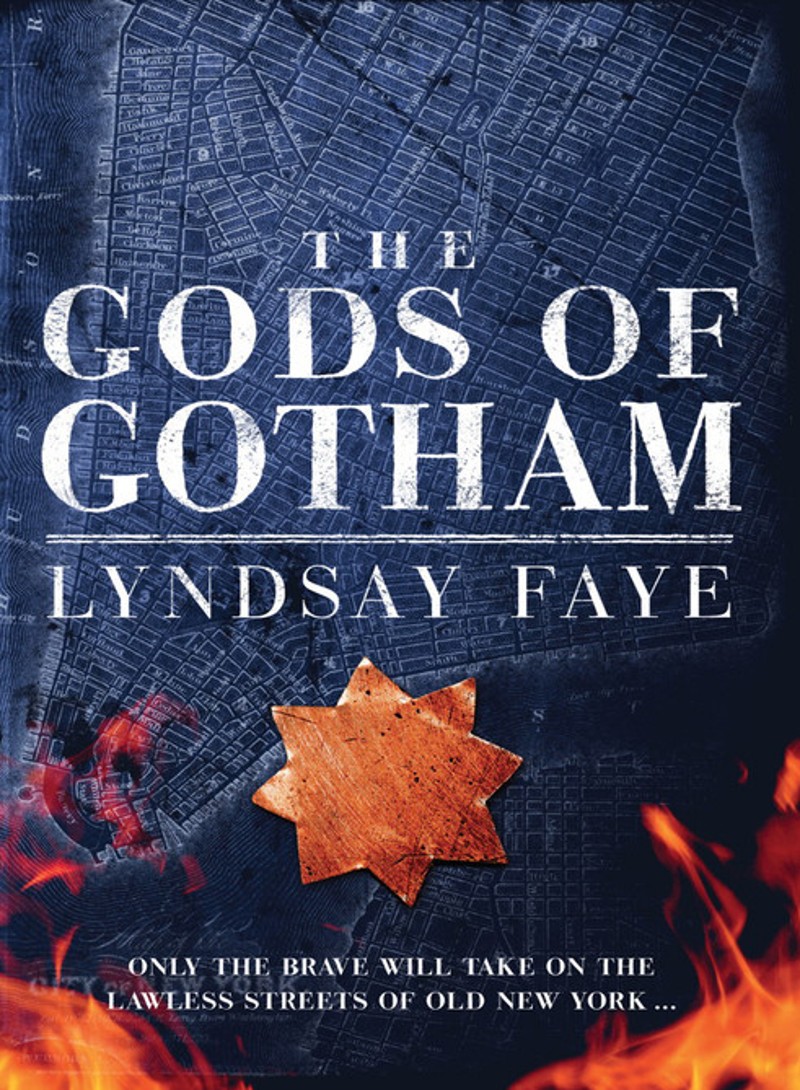 Lyndsay Faye made quite a splash a couple years ago with her excellent Sherlock Holmes novel, Dust and Shadow. It was an impressive debut for a first-time novelist not only for taking on the world’s most famous sleuth but in choosing to have him investigate the most notorious criminal case of Victorian London. Holmes had, of course, already tackled Jack the Ripper in A Study in Terror which came off as an exceptionally good Holmes film and novelization (by Ellery Queen, no less) in the mid-sixties. What could this ambitious young woman bring to the Ripper case that Alan Moore or Nicholas Meyer had not already covered in From Hell and Time After Time, respectively? Quite a lot, it turned out. Ms. Faye delivered a cracking good mystery and an excellent piece of historical fiction in one turn. The question was how to follow her success.
Lyndsay Faye made quite a splash a couple years ago with her excellent Sherlock Holmes novel, Dust and Shadow. It was an impressive debut for a first-time novelist not only for taking on the world’s most famous sleuth but in choosing to have him investigate the most notorious criminal case of Victorian London. Holmes had, of course, already tackled Jack the Ripper in A Study in Terror which came off as an exceptionally good Holmes film and novelization (by Ellery Queen, no less) in the mid-sixties. What could this ambitious young woman bring to the Ripper case that Alan Moore or Nicholas Meyer had not already covered in From Hell and Time After Time, respectively? Quite a lot, it turned out. Ms. Faye delivered a cracking good mystery and an excellent piece of historical fiction in one turn. The question was how to follow her success.
Another Holmes story for an anthology that was published hot on the heels of her first book was taken as proof of her intent to join the ranks of the multitude of successors continuing the exploits of Sir Arthur Conan Doyle’s immortal consulting detective. In a sense, Ms. Faye has done just that with her newly-published and wholly original sophomore effort, The Gods of Gotham. Her new series hero, Timothy Wilde, is a character Conan Doyle would have been proud to call his own and is not without his parallels to the famous resident of London’s Baker Street.
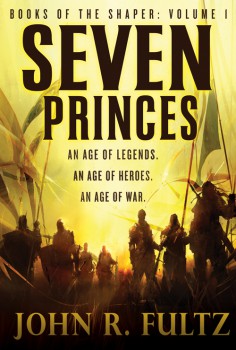 Seven Princes
Seven Princes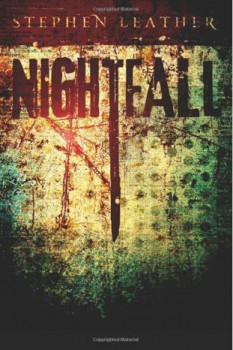
 Sometimes, you need to grow as a reader to be able to appreciate a certain book. In 1996, I bought a paperback fantasy novel called The Memory Palace, by Gill Alderman. It was a whim, I suppose; maybe something about the cover appealed to me, or more likely something in the synopsis on the back, promising a story about a fantasy writer who gets lost in his fictions and confronts an archmage of his own making. Whatever the reason, I started in on it, swiftly lost interest, set it aside, and only came back to it sixteen years later.
Sometimes, you need to grow as a reader to be able to appreciate a certain book. In 1996, I bought a paperback fantasy novel called The Memory Palace, by Gill Alderman. It was a whim, I suppose; maybe something about the cover appealed to me, or more likely something in the synopsis on the back, promising a story about a fantasy writer who gets lost in his fictions and confronts an archmage of his own making. Whatever the reason, I started in on it, swiftly lost interest, set it aside, and only came back to it sixteen years later.